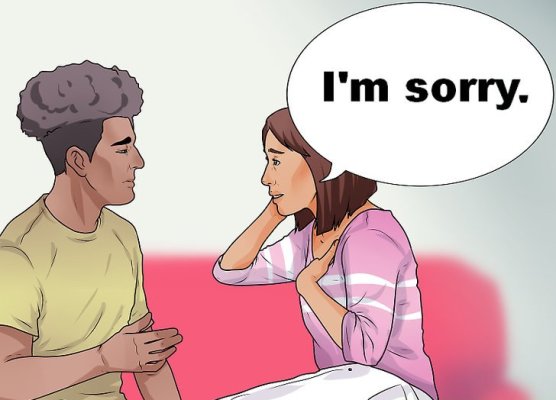After you hurt someone’s feelings or do something wrong, it turns out that saying sorry might not be the best solution.
In fact, an apology might just add fuel to the fire, a recent study by researchers from Dartmouth College and the University of Texas has found.
The Entrepreneur reports that to assess the impact of apologies after social rejections, researchers approached thousands of people and asked them questions and had them participate in experiments.
When asked to write “a good way of saying no,” 39 percent of participants included an apology in their notes with the belief that they’d lighten the situation.
However, when they were put on the receiving end of these apologetic notes, they reported feeling more hurt.
Apologies can actually anger people and trigger them to seek revenge, the researchers found.
In another experiment, they conducted face-to-face rejections in order to understand how rejectees actually felt after an incident.
“People often don’t want to admit that they have hurt feelings, so in some of the studies, we looked at how much people wanted to seek revenge,” explains the study’s lead author, Dr. Gili Freedman.
In the experiment, when rejected with an apology, rejectees sought revenge: many allocated more hot sauce to the person who rejected them after they were told that this rejector does not like spicy things.
It doesn’t stop there. Whether sincere or not, when people receive apologies, they often feel like they have to forgive the person even if they are not ready.
After asking participants to watch videos of people being rejected, when a person received an apology along with a rejection, most viewers felt that person was obliged to forgive even if they didn’t actually feel it.
“Our research finds that despite their good intentions, people are going about it the wrong way,” Freedman says.
So the next time you’re mustering up an apology believing it will help — think twice.





